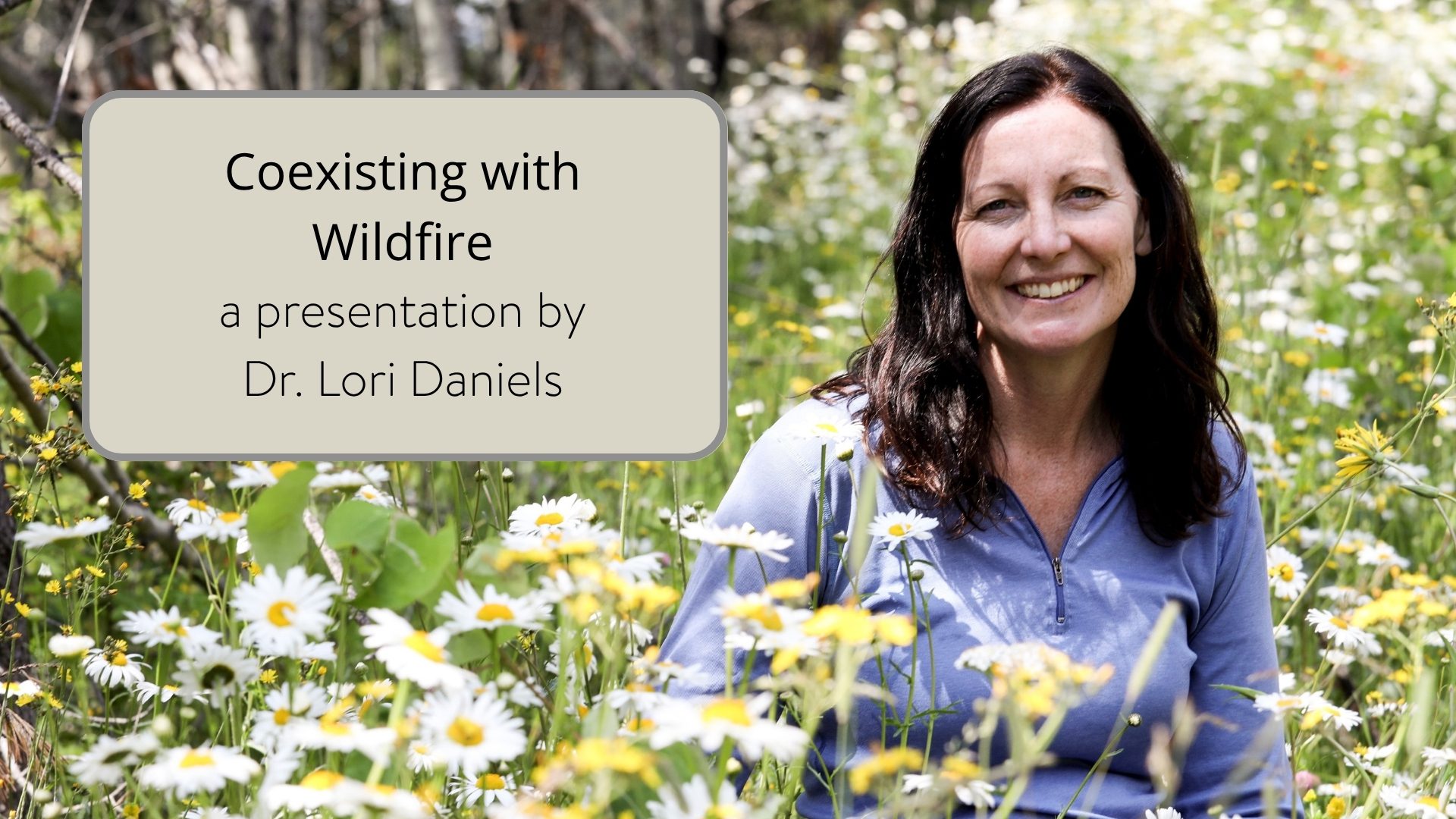

We are pleased to invite you to our upcoming Annual General Meeting (AGM) on Saturday, June 14th starting at 1:30 PM at the Millard Learning Centre (10825 Porlier Pass Road). You are encouraged to attend in person, but can also join remotely via Zoom at this LINK.
IMPORTANT NOTE REGARDING MEMBERSHIPS & VOTING
The GCA’s AGM is open to the public, but only members in good standing can vote. To be considered a member in good standing, you must have renewed your membership in 2024 (6-month grace period ends June 30th) or in 2025, either by donating an amount greater than $10, or *new for 2025* by volunteering with the GCA for at least one hour and signing up to be a member.
Interested in being more involved? Anyone who has been a member in good standing for at least three months prior to the AGM is eligible to run for election to the GCA Board of Directors. If you wish to know more about the roles and responsibilities of board members and eligibility to stand for election, please email Sheila Anderson, current GCA Board Chair (chair@galianoconservancy.ca) prior to June 14th.
This year’s AGM will feature a special presentation by Dr. Lori Daniels, UBC professor and Koerner Chair for Centre of Wildfire Coexistence, whose work focuses on applied conservation science, ecosystems, and climate change.
Dr. Daniels’ Bio Statement
Dr. Lori Daniels is the inaugural Koerner Chair of the Centre for Wildfire Coexistence in the Faculty of Forestry at UBC-Vancouver. Lori investigates the impacts of natural and human disturbances and climate change on forests. With her research team, she has on-going projects on wildfires, forest dynamics, and social-ecological resilience to climate change across British Columbia. Her enduring partnerships with all levels of government, First Nations, community forests, environmental organizations, and forest managers ensure her scientific advances are translated to active conservation, restoration and management. To share with the public, she has given more than 400 media interviews on wildfires and their impacts on forests and communities. She is among the 150 Canadian Scientists recognized for research shaping new frontiers and making our world a better place (#150Scientists). An award winning professor and researcher, in 2025, she was honoured to receive the King Charles III Coronation Medal for public service to Canada.
Presentation: Coexisting with Wildfire
Wildfire is an essential ecological process and cultural practice, but can be incredibly destructive in the wildland-urban interface, as we experienced across diverse forests of Canada in 2023. Wildfire is driven by climate, weather and fuels that vary among ecosystems and through time. Combined, land-use change, fire exclusion and global warming have made many forests highly susceptible to intense fires that are difficult to control, spread to large sizes and are costly to society. Revolutionizing forest and fire management will improve ecosystem resilience to climate change, but we will not stop future fires from burning. Successful adaptation must also include actions by individuals and communities learning how to coexist with wildfire.
Notifications